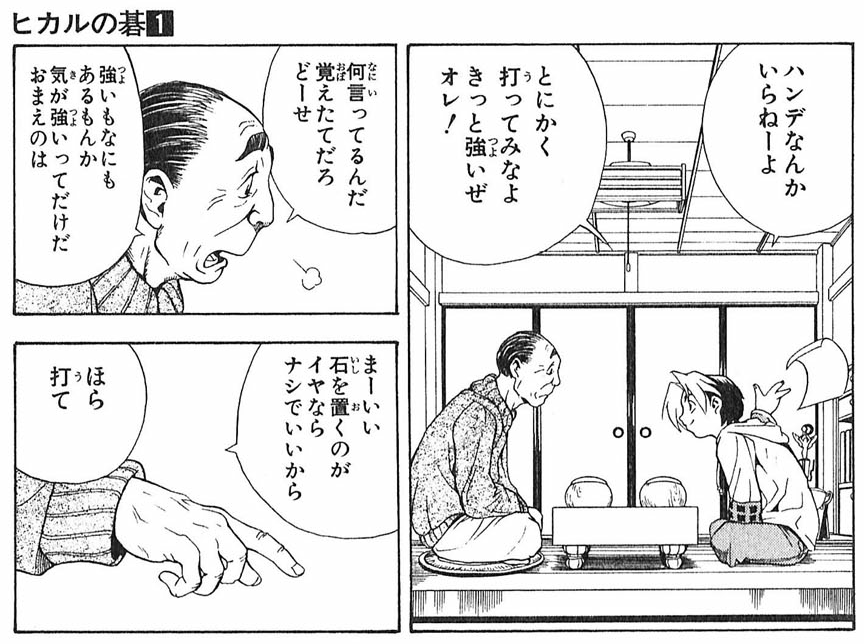強いもなにもあるもんか
From this panel:
I originally read this phrase as meaning something like "There's no way you are strong or anything at all!" but then I noticed that there is ある in the phrase and now it is bothering me, what grammatical purpose is it doing here when 強い is an い adjective?
I know that 強いもなにも is the 〜も何も construction that is discussed here, is using 強い as an "example" of what quality the grandfather believes he doesn't have. and i know that もんか asserts disbelief in this case as explained here, so he's saying that he doesn't believe the kid is strong at all. But why would it take ある?
Unless I'm overthinking it here and the ある is actually just attaching to なにも, so that it becomes a sort of compound phrase combining the two phrases:
強いもんか There's no way you are strong!
なにもあるもんか There's no way you have anything!

